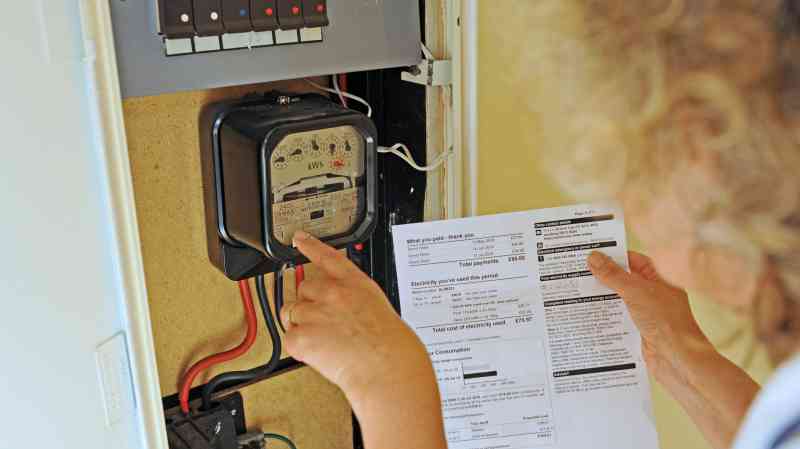The energy regulator has delayed proposals to make suppliers protect customers’ cash amid a row within the industry and concerns over whether some companies can afford to ring-fence the money.
Ofgem has vowed to tighten up regulation after more than two dozen suppliers failed last year, leaving behind more than £2 billion in costs that will be paid for by all households. That is expected to include more than £200 million to reimburse customers of failed suppliers for their credit balances, cash they had paid in advance.
To prevent such costs arising again if more companies fail, Ofgem said last month that it was working on “measures to ring-fence . . . customer credit balances from firms’ balance sheets”.
It told MPs that there was an urgent need to ensure that customer credit balances “are used appropriately, and are not used to fund wider business activities” and that it would publish options in the week beginning March 14. However, it has yet to do so amid fierce disagreement between suppliers.
Centrica, the owner of Britain’s biggest supplier British Gas, is leading the calls for ring-fencing and said that in February it had already transferred customers’ £294 million cash deposits to a separate bank account.
However, industry sources say the proposal would hurt some of Centrica’s rivals who could not easily afford to ring-fence the hundreds of millions of pounds that customers have paid.
They are using this cash as a cheap source of working capital to help fund their operations, a practice Ofgem has allowed.
Ring-fencing credit balances could force these suppliers to borrow more to replace that cash, increasing financing costs and ultimately increasing costs for consumers. Last year Ofgem abandoned plans to make suppliers protect 50 per cent of credit balances, saying it was “unlikely to be cost-effective”.
Chris O’Shea, Centrica’s chief executive, said that if suppliers can’t afford to ring-fence the deposits then “they have spent their customers’ money, which is unacceptable”.
Several suppliers say that credit balances are offset by money owed to them by other customers. Ovo, Britain’s third biggest supplier, said in February that, on a net basis, “customers owe money to us”.
O’Shea said that customers who paid for their energy in advance should not be asked to “cross-subsidise” others who owed money.
Michael Lewis, boss of Eon UK, the second-biggest supplier, backed ring-fencing to ensure that “customers’ money cannot be used as working capital to fund your business when you have no equity on your balance sheet”.
However, Greg Jackson, chief executive of Octopus Energy, the UK’s fourth-biggest supplier, said: “Ring-fencing credit balances would be a meaningless gesture, we need something much more rigorous, proper stress tests of energy companies. Lack of hedging was responsible for virtually all energy company failures, and at least 85 per cent of the cost.”
Dale Vince, chief executive of Ecotricity, a smaller supplier, said ringfencing would be “shutting the stable door after the barn already burned down” and warned it would “add to the administrative and cashflow burdens of the energy companies that are left standing, the relatively well-run ones”.
An Ofgem spokesman said: “We have developed a set of options which we’ve discussed with suppliers and will be discussing with consumer groups in the coming weeks. The environment continues to change quickly and it’s right that we take the time to consider the best course of action.”
